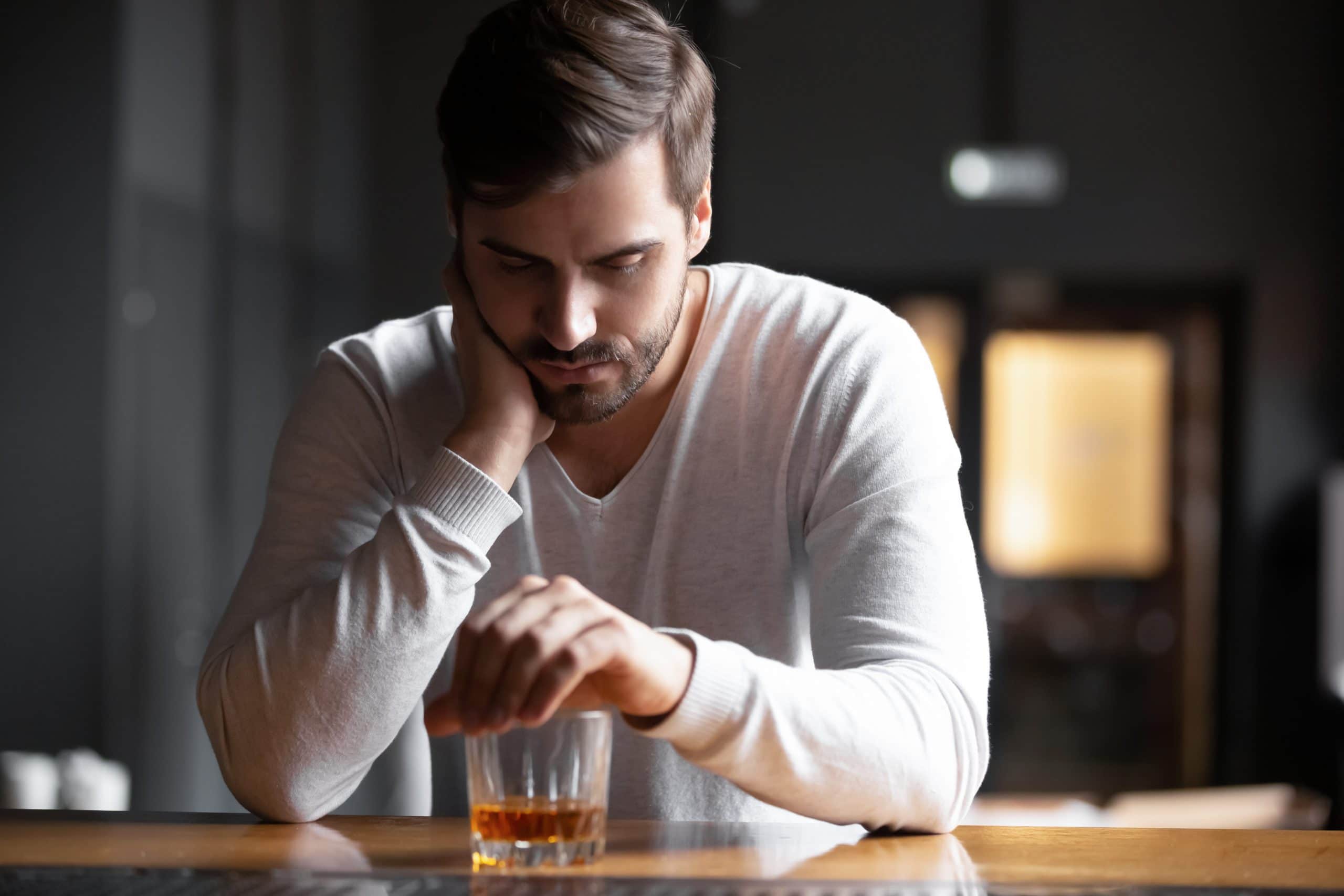Deciding to get sober is one thing, but getting and staying sober is another. Perhaps alcohol has become a part of your daily life and the thought of stopping is overwhelming. Maybe you’ve tried to stop drinking on your own and find that you can’t. Whatever the situation, alcohol rehabilitation treatment may be the key to breaking up with alcohol and finding your way to sobriety. Needing help to quit drinking is not a sign of weakness. Seeking help with your drinking is a sign of strength and a significant first step toward a sober life. At Evolve Indy, we’re here to help you face up to your alcohol problem and begin building a life rooted in recovery.
What Is Alcohol Rehabilitation Treatment?
Alcohol rehabilitation treatment is a blend of therapies to help you get sober and build a foundation for your life in recovery. Most programs have varying treatment levels, including inpatient, partial hospitalization, intensive outpatient, and traditional outpatient. Following detox, most alcohol rehabilitation programs include individual and group therapy, skills building, and exposure to peer support programs. Alcohol rehabilitation treatment provides the environment for you to safely detox from alcohol and then begin the work of building a life in recovery. By starting your sobriety journey in treatment, you start with the advantage of the community. Being surrounded by others facing similar struggles can make you feel less alone and help you begin a support network for life after treatment.
Why You Shouldn’t Try To Stop Drinking on Your Own
While many do not realize it, alcohol is one of the most dangerous drugs to withdraw from. When you consume alcohol regularly, it causes changes in your brain pathways, and your body becomes dependent on it to function. Abruptly stopping can cause a sort of rebellion within your body. Depending on how long you have been drinking and how much you regularly drink, the symptoms can range from uncomfortable to potentially fatal. Alcohol withdrawal can begin as early as four hours from your last drink, with the symptoms reaching their worst at around seventy-two hours from your last drink. The symptoms of alcohol withdrawal syndrome include anxiety, headache, insomnia, nausea, vomiting, increased heart rate, tremors, agitation, and more.
Detoxing in an alcohol rehabilitation setting places you under the care of licensed clinicians who can monitor your symptoms and your vital signs. In addition to monitoring, clinicians can provide medications that will manage your symptoms and help your body get through detox more safely.
The collection of symptoms experienced during detox is called Alcohol Withdrawal Syndrome (AWS), and it can progress quickly from discomfort to danger. Withdrawing from alcohol can lead to delirium tremens (DTs), seizures, and death. If you have experienced alcohol withdrawal symptoms when trying to quit in the past, your risk for DTs and seizures is increased. This increased risk is referred to as the “kindling effect.” Each time that you experience alcohol withdrawal, your risk for more severe symptoms increases. Because of this increased risk for more severe symptoms, you must be honest about your alcohol use and past attempts to get sober.
How Evolve Indy Can Help You Get Sober From Alcohol
At Evolve Indy, we have experience with all types of treatment for addiction. We know what it takes to get free from drugs and alcohol. We have programs to meet your needs that will set you up for long-term sobriety. We care about your success in recovery and will help you build a firm foundation. We have a wide variety of programs that blend traditional and non-traditional therapies to treat addiction. Our programs range from partial hospitalization to outpatient, and we will work with you to find the best fit for you. Contact us today to see how we can best support you in your journey to sobriety.

